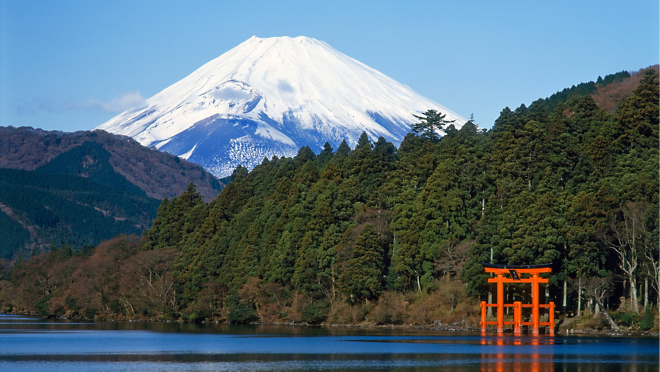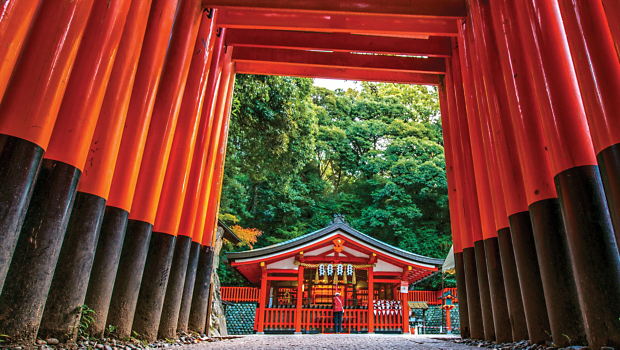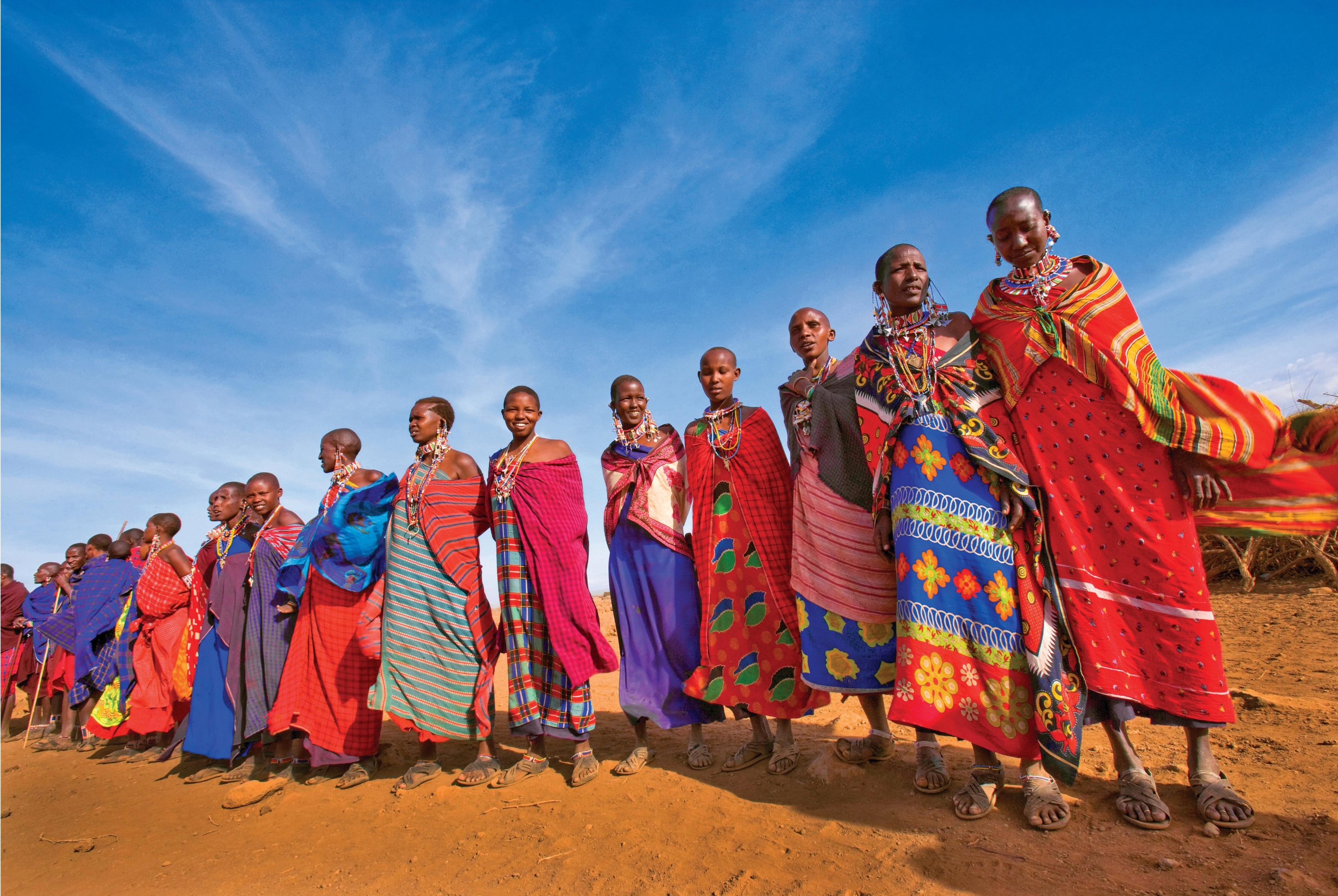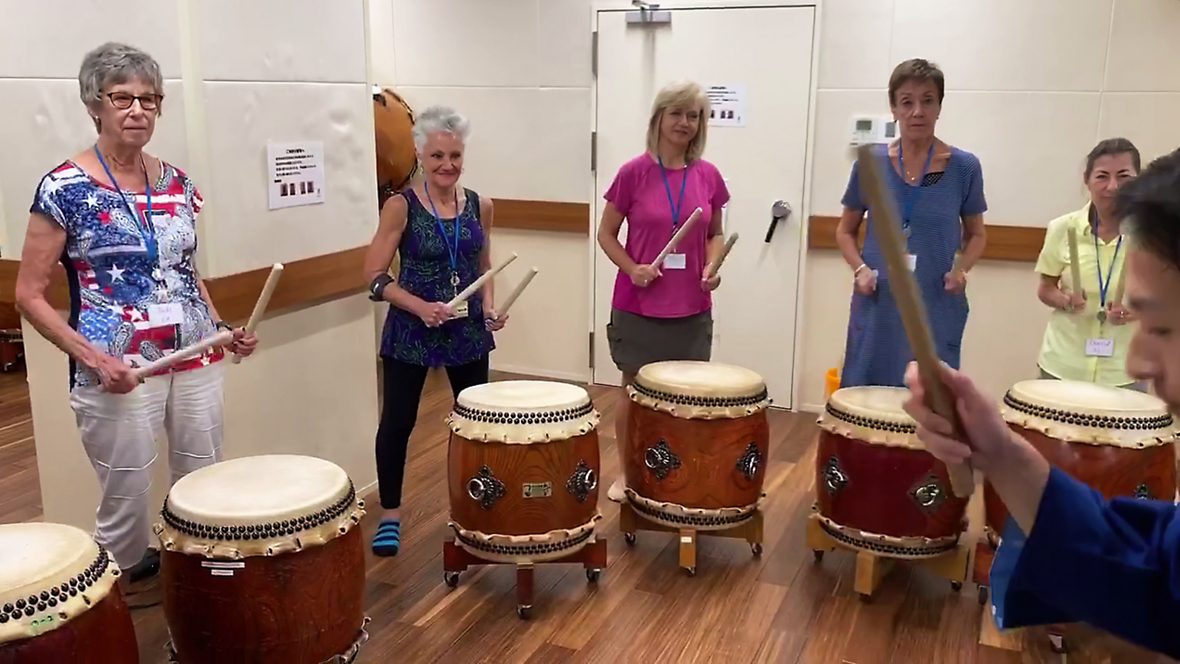You’re receiving this message because your web browser
is no longer supported
We recommend upgrading your browser—simply click the button below and follow the instructions that will appear. Updating will allow you to accept Terms and Conditions, make online payments, read our itineraries, and view Dates and Prices.
To get the best experience on our website, please consider using:
- Chrome
- Microsoft Edge
- Firefox
- Safari (for Mac or iPad Devices)

japan
Overseas Adventure Travel, the leader in personalized small group adventures, has been helping change lives through travel since 1978. Our 2 Japan adventures will take your small group into the heart of a destination to venture where the big tour groups can’t. No matter which adventure you choose, O.A.T. always offers:
- The freedom to personalize your experience, with options to arrive early, add pre- or post-trip extensions, stopover in popular cities, and more.
- Small group of no more than 16 travelers, allowing us to take you off the beaten path and immerse you in local culture.
- Adventures tailored to the solo traveler, with FREE Single Supplements and 23,000 single spaces being offered in 2024.
- Expert Trip Experience Leaders, residents of the region you visit who will share their insights and bring your destination to life.
When you set out to explore Japan with O.A.T., there are endless travel experiences waiting for you. Explore ancient villages steeped in centuries-old traditions and the neon-lit streets of futuristic cities. Appreciate the mighty silhouette of Mount Fuji and the delicate art of bonsai. Learn about the icons of Japanese culture—from geishas and maikos (apprentice geishas), to sushi, sumo wrestling, and riding a shinkansen (bullet train). Discover all of this and much more when you journey to Japan with O.A.T.
Your FREE Personalized Japan Travel Planning Guide
Your FREE Personalized Japan Travel Planning Guide is on its way
Want to continue learning about Japan? Return to our Japan destination page.
Go Back To JapanPlease note: To complete your registration, check your email—we sent you a link to create a password for your account. This link will expire in 24 hours.
Compare Our Adventures
Click 'Select to Compare' to see a side-by-side comparison of up to adventures below—including
activity level, pricing, traveler excellence rating, trip highlights, and more

Spend 14 days in Japan on
Japan's Cultural Treasures
O.A.T. Adventure by Land
Japan: Tokyo, Hakone, Kanazawa, Kyoto

Spend 8 days in Japan on
South Korea & Japan: Temples, Shrines & Seaside Treasures
O.A.T. Adventure by Land
South Korea: Seoul | Japan: Tokyo, Toba, Kyoto
Compare Adventures
Add Adventure
including international airfare
per day
*You must reserve the main trip to participate on this extension.
**This information is not currently available for this trip. Please check back soon.
You may compare up to Adventures at a time.
Would you like to compare your current selected trips?
Yes, View Adventure ComparisonJapan: Month-By-Month
There are pros and cons to visiting a destination during any time of the year. Find out what you can expect during your ideal travel time, from weather and climate, to holidays, festivals, and more.
Japan in December-February
Japan bustles with tourists all year round, but a winter visit allows you to avoid the throngs of summer guests and experience a different side of the island nation. During the months of December through February, the weather throughout Japan is cool and crisp, with plenty of sunshine and temperatures averaging around 35 to 40º F. Tokyo doesn’t get much snow, but the rest of the mainland receives plenty of it, especially on the northern island of Hokkaido and Japan’s Alps. The cool air of winter also keeps cloud cover to a minimum, making it the best time to view such iconic treasures as Mount Fuji.
Holidays & Events
- February: Sapporo Snow Festival. One of Japan’s most popular winter events, the Sapporo Snow Festival is held during one week every February in Hokkaido’s capital, Sapporo, and attracts more than two million visitors from Japan and around the world.
- February 3 or 4: Setsubun (Bean-Throwing Festival) is held throughout Japan to coincide with the first day of spring according to the old Japanese (lunar) calendar. Celebrations include the throwing of roasted soybeans to ward off evil spirits and bring good fortune.
Must See
Temples and shrines throughout Japan are beautiful throughout the year—but are even more dramatic when they are blanketed in snow. When snow begins to fall, even locals rush to places like Kinkakuji (the Golden Pavilion), which turns to a winter wonderland.
Japan in March-May
Spring is an exciting season in Japan, with budding leaves and sakura (cherry blossoms) sweeping the country from south to north. In March, Tokyo’s spring weather averages about 55º F during the day, rising to the 70s by May.
Holidays & Events
- Late April/Early May: Golden Week, one of Japan’s busiest times of year, is a combination of four national holidays—Showa Day, Constitution Day, Greenery Day, and Children’s Day—that occur over a week’s span.
Must See
Cherry blossoms: Japan’s iconic sakura are renowned throughout the world. The beautiful pink flowers that blanket the country in colorful splendor begin their first bloom in late March or early April in places like Tokyo and Nagasaki to early May in Sapporo.
Japan in June-August
Summer in Japan can be hot and humid (but with fewer crowds), with temperatures reaching the mid-90s (F) in many parts of the country. Locals often head to the mountainous regions or the northern island of Hokkaido to escape the heat. June is the rainy season in most of the country, while July and August are the ideal months to climb Mount Fuji—when the mountain is (usually) snow-free and the weather is relatively mild.
Holidays & Events
- July: Gion Matsuri: Dating back to the 9th century, Kyoto’s biggest annual festival is a month-long event that is equal parts religious observance and raucous summer block party celebrating Kyoto culture.
- July 7: Tanabata (Star Festival): As the date approaches, long, narrow strips of colorful paper known as tanzaku are inscribed with wishes and hung from bamboo branches.
- Mid-August: Obon: This annual Buddhist event for commemorating one's ancestors typically ends when floating lanterns are put into rivers and lakes to guide the spirits back home.
Must See
While the summer months can be hot, this is also when flowers bloom and the greenery is at its most lush in Japan. Plus, these months are always filled with fireworks displays and cultural festivals, including Tokyo’s annual Sumidagawa Fireworks Festival held on the last Saturday in July.
Japan in September-November
September is rice-harvesting season, and the time of year with the greatest risk of typhoons. After that, the weather is generally mild, with October pleasantly warm and less humid. Trees throughout Japan begin to show their beautiful autumn colors and November is peak fall foliage time.
Holidays & Events
- November 3 or 4: Bunka no Hi (Culture Day) is a national holiday held annually in Japan to promote culture, the arts, and academic endeavor.
- Mid-October: Taiiku no Hi (Sports Day): Held the second Monday of October, Taiiku no Hi is a national holiday to foster healthy minds and bodies through physical activity.
Must See
Viewing the fall foliage (called momijigari) is a favorite activity in Japan this time of year. Typically, autumn foliage season starts in mid-September in the Hokkaido region and can stretch to late November in places such as Hakone.
Average Monthly Temperatures
High Temp Low Temp
Japan Interactive Map
Click on map markers below to view information about top Japan experiences
Click here to zoom in and out of this map
*Destinations shown on this map are approximations of exact locations
Tokyo
Formerly known as Edo, Tokyo has been Japan’s capital since 1868, after Emperor Meiji moved his seat to the city from the old capital of Kyoto. Today's Tokyo is a sprawling metropolis of ultra-modern skyscrapers and neon-lit streets interspersed with historic temples, serene public parks, and traces of the the Shogun-era capital. Take a pre-dawn stroll through Tsukiji, the world’s largest and busiest fish market, or grab some tasty yakitori from a street vendor. Wherever your interests lie—from a traditional kabuki drama to robot cabarets—it’s all in Tokyo.
Explore Tokyo with O.A.T. on:
Kyoto

Kyoto was Japan’s capital for over a thousand years, from 794 until the Meiji Restoration in 1868. When the capital was shifted to Tokyo, Kyoto had already been firmly established as a center of the arts and a city that embodied Japanese culture at its most refined—and Kyoto remains Japan’s spiritual and cultural heart. Never bombed during World War II, it is home to atmospheric lantern-lined streets, traditional wooden teahouses, and everything one associates with classical Japanese culture. There are some 2,000 Shinto shrines and Buddhist temples here, along with the iconic Golden Pavilion, a five-story wooden structure painted in shimmery gold. From the famous squeaky floorboards of Nijo Castle to the scurrying of geisha footsteps in the centuries-old Gion district, Kyoto has evolved into a modern city steeped in the most ancient of Japan’s cultural traditions.
Explore Kyoto with O.A.T. on:
Toba

The city of Toba sits on the Japanese coast facing Ise Bay and is known for its oysters and pearls. The city's Mikimoto Pearl Island is the birthplace of cultured pearl aquafarming where ama, or “sea women,” dive for the pearls without a breathing apparatus. Pearl farming began on the island in 1893, but today it hosts a model factory where women collect the pearls as a performance. Outside of the tourist center, ama still actively work in small fishing villages by diving for abalone, seaweed, and other seafood.
Visit Toba with O.A.T. on:
Shinkansen Bullet Train

Other countries may have faster trains, but nobody outruns Japan’s legendary shinkansen, which in Japanese means “new trunk line.” Also known as the bullet train, shinkansen was the world’s first high-speed rail system. Since beginning service in 1964, these aerodynamic icons of Japan’s post-war technological progress have whisked some 10 billion riders through the countryside at speeds of up to 200 miles per hour. Not just sleek and smooth, shinkansen are also safe and efficient, with zero accident-related passenger deaths or injuries over the course of 50 years. And even in the worst weather conditions, average delays are measured in just seconds.
Ride the legendary shinkansen train with O.A.T. on:
Mount Fuji

A mountaintop torii gate proclaims it the greatest mountain in the world. Rising to 12,385 feet, Mount Fuji (Fuji-san in Japanese) has been worshipped by Shinto and Buddhist practitioners and revered by the Japanese people since ancient times. With its perfectly symmetrical snow-covered cone towering above the low clouds, Fuji certainly qualifies as one of the world’s most beautiful mountains. Technically an active stratovolcano, the last time Fuji erupted was in 1707. While dormant for centuries, volcanic activity in the region surrounding Fuji is responsible for an abundance of soothing natural hot springs. Fuji is also the most climbed mountain in the world, with more than 100,000 people making the arduous 8- to 12-hour trek to the summit of the sacred mountain each year. Mount Fuji was granted World Heritage Site status by UNESCO in 2013, and its beauty ensures that Fuji will be painted, photographed, climbed, and celebrated in literature for generations to come.
Visit the Mount Fuji region with O.A.T. on:
Nara

Situated about 25 miles south of Kyoto, the beautiful city of Nara was Japan’s first permanent capital—and it celebrated its 1,300th anniversary in 2010. Nara packs an eye-popping number of cultural treasures into its compact surroundings, including Nara Park, where hundreds of tame, free-roaming sacred deer bow their heads for treats. Nara is also home to Todaiji Temple, an awe-inspiring eighth-century structure whose Great Buddha Hall—the largest wooden building in the world—houses the world`s largest bronze Buddha statue. And that’s just one of eight of Nara’s UNESCO World Heritage Sites. The historic temples with their Buddhist statuary and masterpieces of Japanese art and architecture in and around Nara are unrivaled—including Horyuji, a temple founded in 607 that is considered the world’s oldest wooden building.
Explore Nara on an included or optional tour with O.A.T. on:
Traveler Photos & Videos
View photos and videos submitted by fellow travelers from our Japan adventures. Share your own travel photos »

